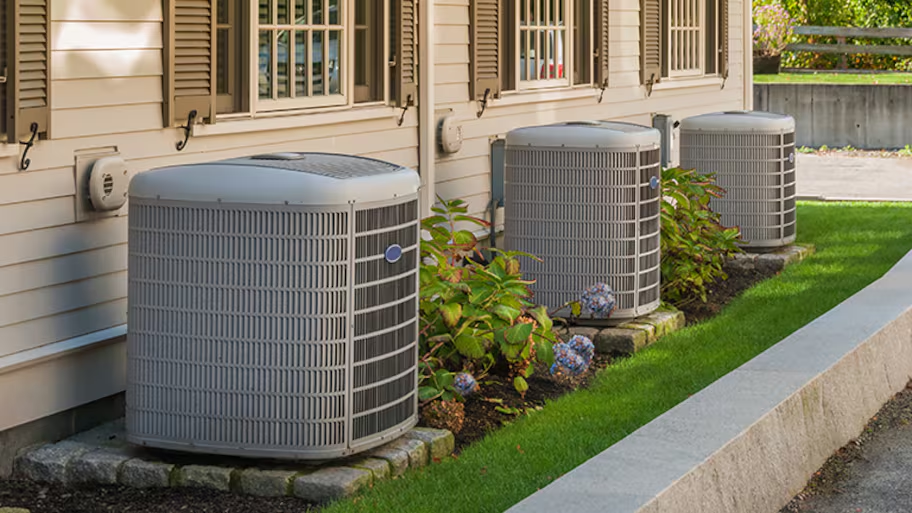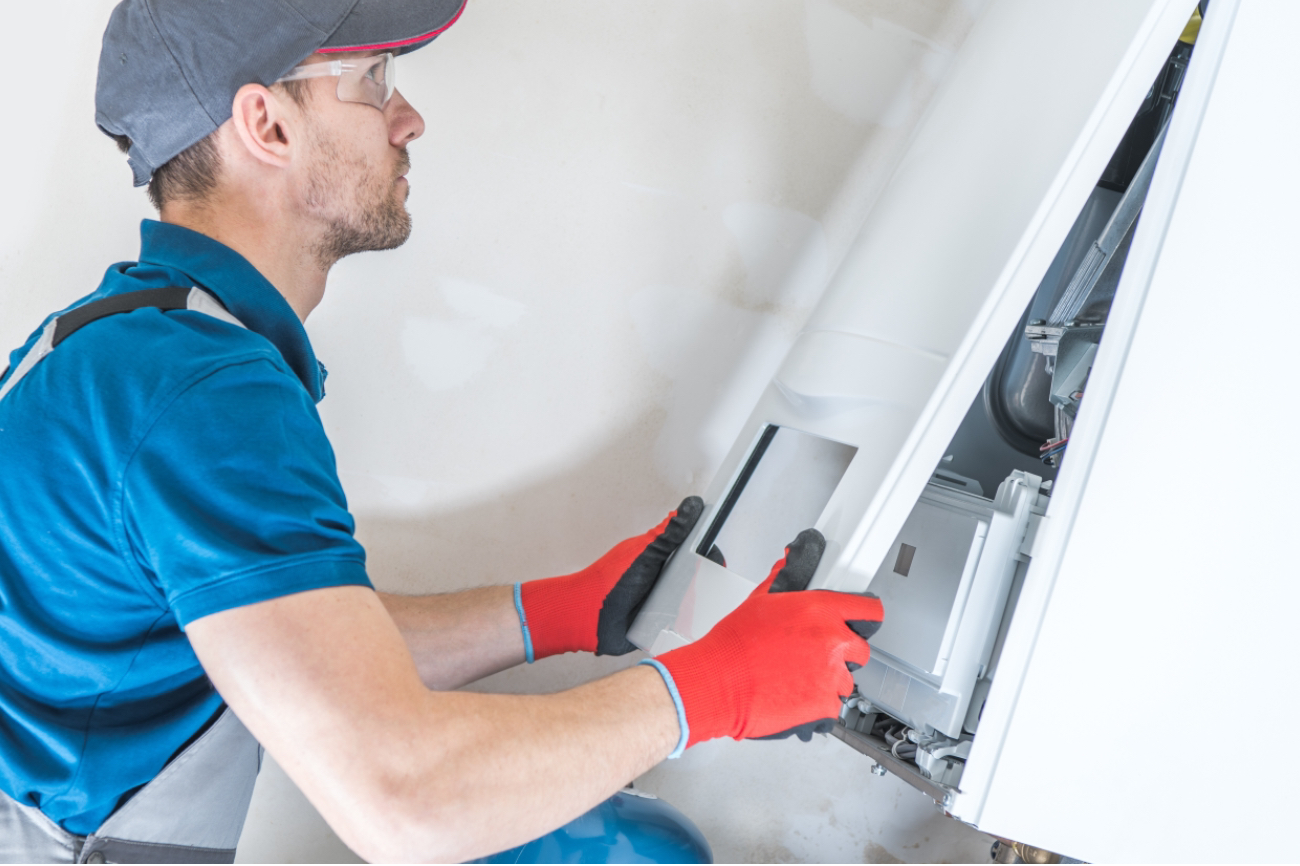
Explore how much an AC compressor costs to install based on cost factors like it’s type, brand, size, and local labor rates.
Warm up to these common questions
Gas boilers provide hot water for a radiator system, which circulates hot water through radiators that provide heat. This is older technology, but it still functions well if maintained. However, when the system experiences any of the common radiator problems, be ready to discuss these radiator repair questions with a local boiler and radiator repair service.
Almost all homes have their heating systems in the basement, if one exists. Hot air rises, so keeping the heating elements as low as possible makes the system incredibly efficient. For homes without basements, the unit may be located in a garage, a small addition on the outside of the home, or, in older homes, in the center of the home. If you’re repairing rather than replacing, you can’t move the location without serious increases in cost.
The urgency of the repair depends on your home, your needs, and your family’s needs. If you need hot water for medical reasons, this needs to be fixed immediately. Another consideration is the season and geographic location of the home—a malfunctioning boiler in Alaska in January is much more serious than the same in June in Arizona. Depending on these factors, cost may only be a secondary consideration, with safety being the number one priority.
All boilers are water heaters, but not all water heaters are boilers. Most homes only have the option of hot water boilers (and not steam). However, there are many different kinds of water heaters that could be installed in your home. Conventional heaters, condensing heaters, solar, and smart are just some of the types of water heaters you could have installed.
Gas boilers provide hot water that circulates inside of a radiator system, but they often pull double duty as the home’s hot water source. This means that there is a single unit providing shower, dishwasher, laundry, sink, and heating water. As you can imagine, this puts a lot of stress on the system, especially in winter.
Radiator repair costs $350 on average, while the cost of a radiator replacement averages $1,500. Some radiator issues are simple to repair, but others can make a replacement more sensible than a fix. Depending on the issue and its cost, you may want to consider replacing your radiator system with a more modern, automatic central heating system. Your energy bill will be lower, your house will be warmer, and you can remove aging radiators (or simply disconnect them if you enjoy the aesthetic).
According to Angi data, nearly 33% of customers report the most common oil boiler service is regular wear-and-tear maintenance. Other frequently reported problems are leaking or cracked boiler, not heating correctly, oil smell or weird noise, or malfunctioning pilot light.
Check out how your oil boiler problem stacks up against other Angi customers:
From average costs to expert advice, get all the answers you need to get your job done.

Explore how much an AC compressor costs to install based on cost factors like it’s type, brand, size, and local labor rates.

HVAC replacement costs depend on a lot of factors, like unit type, size, and labor. See what you can expect to pay for HVAC replacement here.

What you’ll pay in Columbus, OH, for furnace repairs depends on many factors. Here’s a breakdown of what can go wrong and the cost to fix those issues.

Tackling unwanted odors from indoor plants can be tricky. Learn how to use a carbon filter in your duct fan to improve air quality.

When you notice hot and cold zones in your home, it pays to learn how to balance airflow in your ducts to even out the temperature.

Discover heat exchanger replacement costs to learn about price factors, labor, and ways to save before hiring a pro or starting your project.